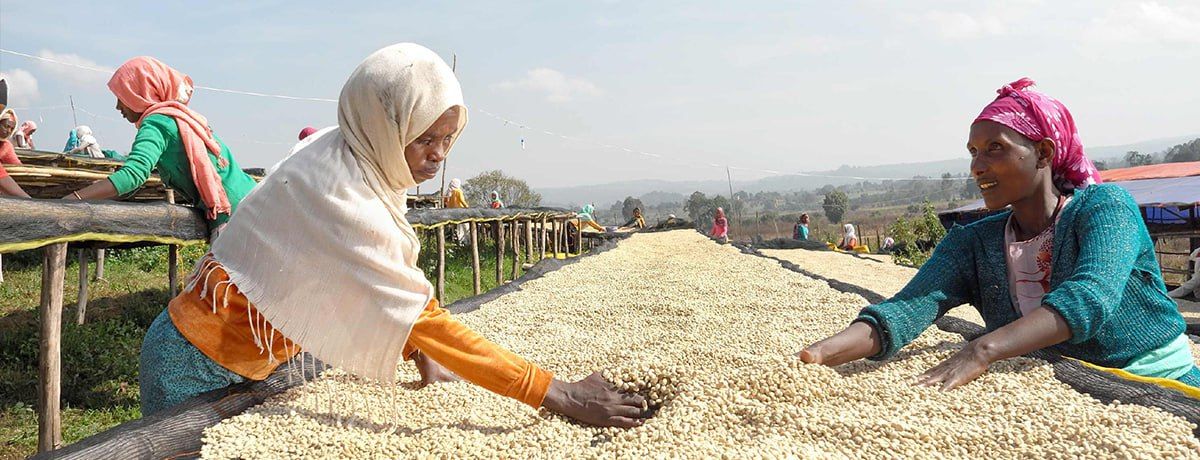
Fairtrade International's new minimum prices took effect this August.
Fairtrade International's new minimum prices took effect this August.
Fairtrade International is a global multistakeholder group aimed at promoting the lives of farmers and workers through trade. Fairtrade works with farmers and workers on more than 300 commodities. The main products promoted under the Fairtrade label are coffee, cocoa, bananas, flowers, tea, and sugar. According to Fairtrade, there are nearly 900,000 coffee farmers in more than 650 producer organizations spanning 31 countries with Fairtrade certification.
It is to be recalled that Fairtrade passed a decision in March 2023 to raise its minimum price, primarily due to increased production costs in farming communities. Following its announcement, new prices came into effect on August 1, 2023, adjusting the minimum prices to US$1.80/lb for Arabica coffee from their prior 1.40/lb and increasing the differential for organically certified coffees by 10 cents to $0.40/lb.
The SNNR supplied over 25,146 MT of green coffee to the central market.
The Southern Nation, Nationalities, and Region is home to Ethiopia's most celebrated coffees, such as the Yirgacheffe, best known for its bright citric acidity and fruity note. Following the ongoing harvest, the region’s administration announced an estimated 25,146 MT of green coffee for the central supply market.
Exporters bewail the restraining forex policy.
It is to be recalled that the Ethiopian government has passed a directive (FXD79/2022) that dictates the use of foreign currency from 40% to 20%. Following the longstanding complaints of coffee exporters and other agricultural commodity exporters, the State Minister for Trade and Regional Integration called for a Public-Private dialogue this week at the Skylight Hotel in Addis Ababa. Many of the exporters expressed the discouraging aspects of the 20% tight retention rate. This has had an even more pronounced effect on the low exports of the current harvest as domestic prices have skyrocketed since the beginning of the season, unmatching international prices. The state minister, Mr.Teshale Belehu, explained that the government will not soon be able to grant access to exporters due to the nation's large sums of loans and the war-affected economy. Mr.Tarekengn Bululta, State Minister for Industry, emphasized the retention policy as a temporary arrangement that will be addressed as domestic issues and international pressures get attenuated.
